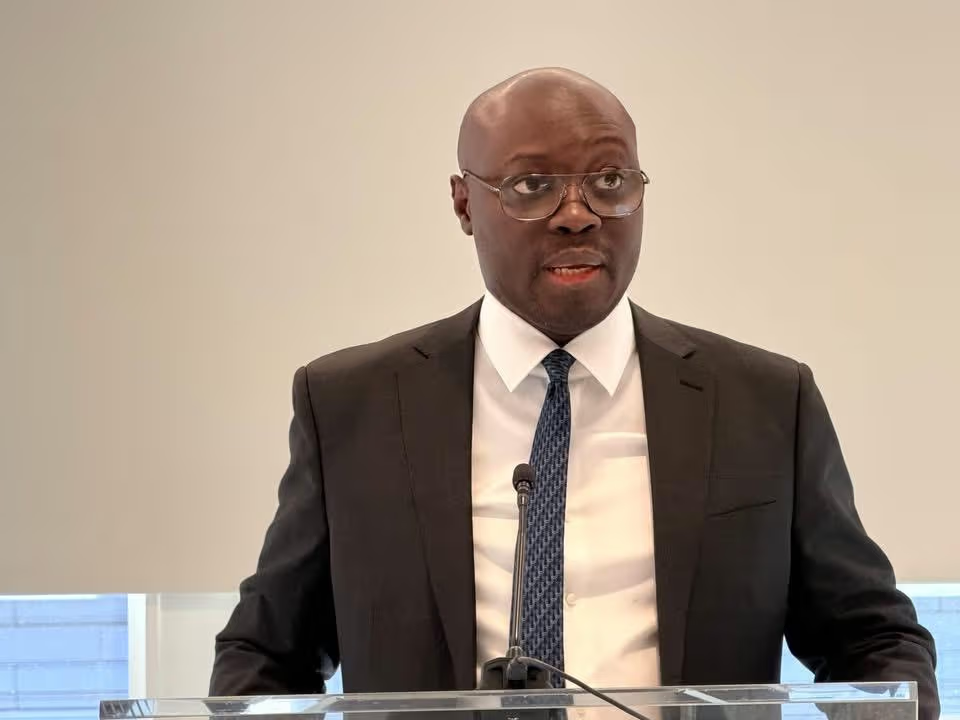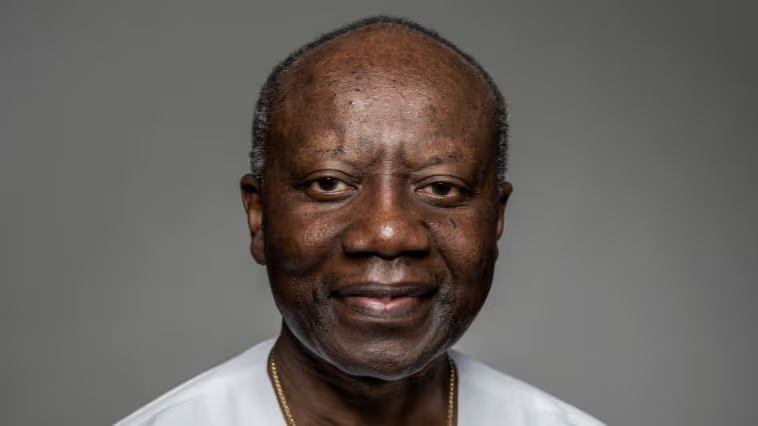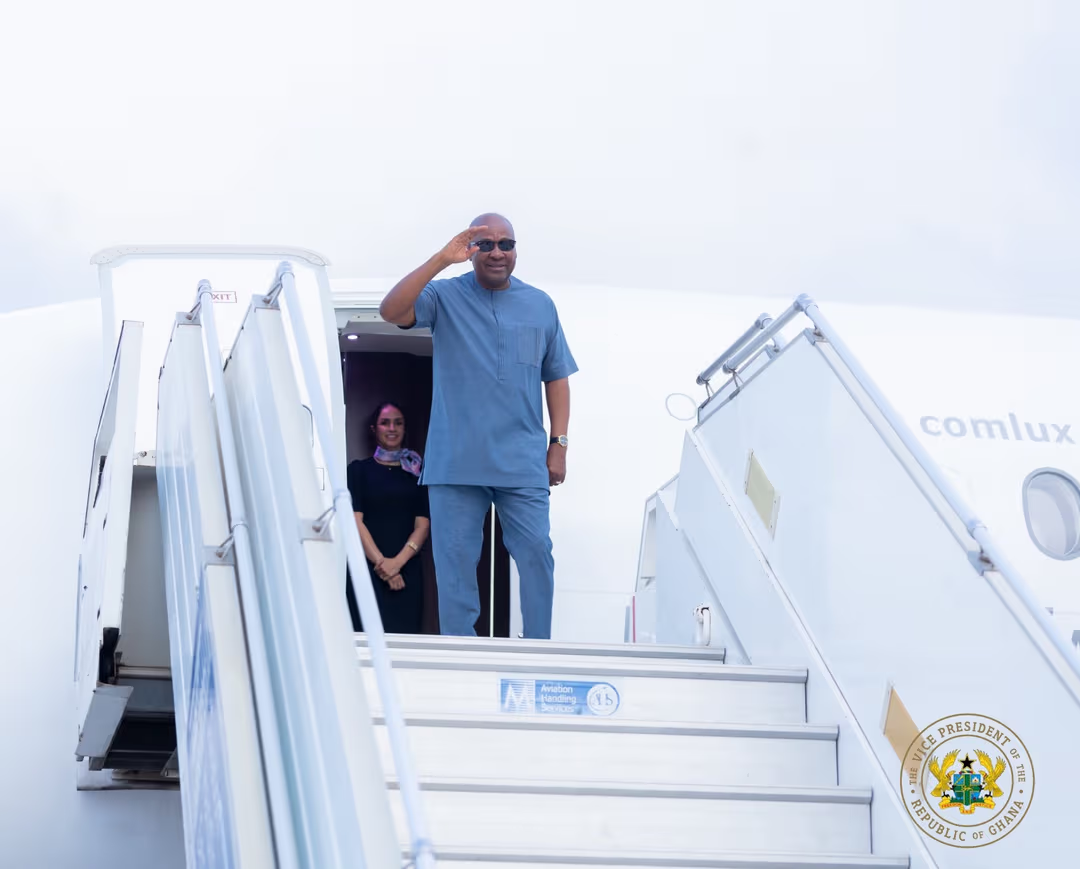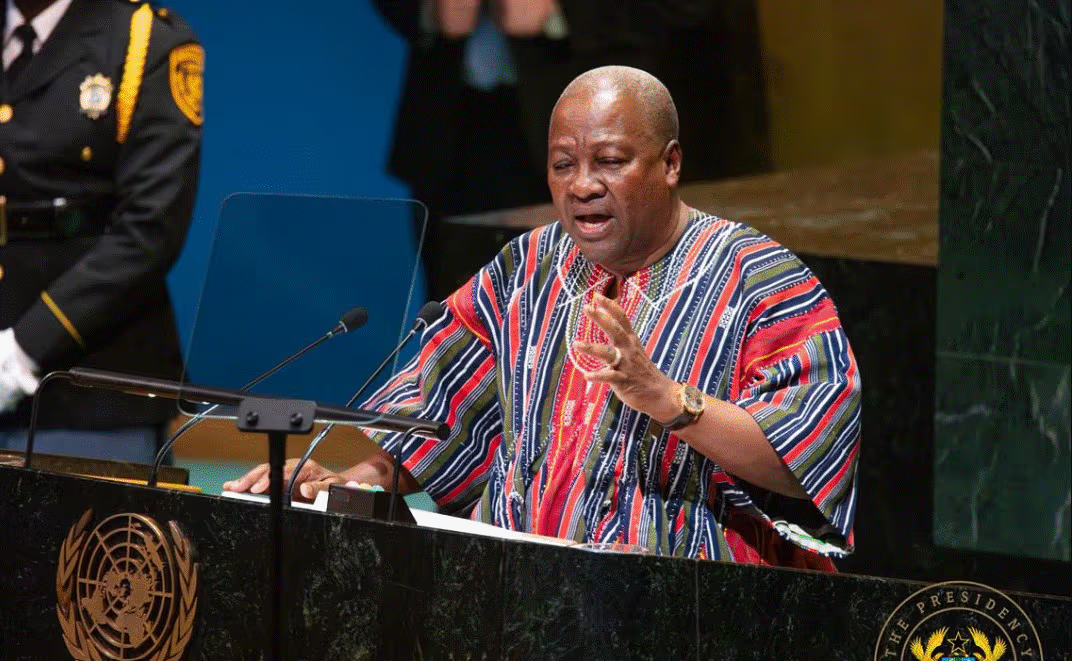The Finance Minister, Dr Cassiel Ato Forson has outlined 8 Fiscal Policy Objectives for the financial year 2026.
According to him, this is to enable government to deliver on its vision and macroeconomic objectives, and in line
with Section 14 of the Public Financial Management Act, 2016 (Act 921).
“Government’s fiscal policy objectives for 2026 will focus on bold, practical and disciplined actions that drive growth while protecting the vulnerable,” Ato Forson said on November 13 when he presented the 2026 budget statement and economic policy for 2026.
He listed the fiscal policy priorities for 2026 as follows:
• Maintain fiscal discipline by sustaining a primary surplus of at least 1.5 percent of GDP on commitment basis under our Fiscal Responsibility
Framework;
• Mobilise more domestic revenue through continuous implementation of the Medium-Term Revenue Strategy, digital tax systems and enforcement of taxation in the digital economy;
• Cut waste, promote value for money and rationalize spending, ensuring that every cedi delivers value for citizens while eliminating leakages and
inefficiency;
• Protect priority social spending in education, health and social protection to shield the poor and sustain human capital development;
• Create fiscal space for development by prioritising growth-enhancing capital investments in roads, agriculture, agri-business and land reforms;
• Strengthen debt sustainability through prudent borrowing, active debt management and transparent reporting;
• Enhance expenditure control and audit systems to prevent arrears and improve accountability across all MDAs; and Resetting for Growth, Jobs, and Economic Transformation 2026 Budget.
• Stay flexible and proactive, adjusting expenditure and revenue measures where needed to keep the fiscal path on track.
“Mr. Speaker, these objectives are about living within our means, investing in what matters most and keeping Ghana on a firm path of stability, confidence and growth,” the Finance Minister assured.
Finance Minister outlines 8 fiscal policy objectives for 2026
NEWS
|
|
31 views
3 months ago

Comments
Leave a Comment
No comments yet. Be the first to comment!
3News


